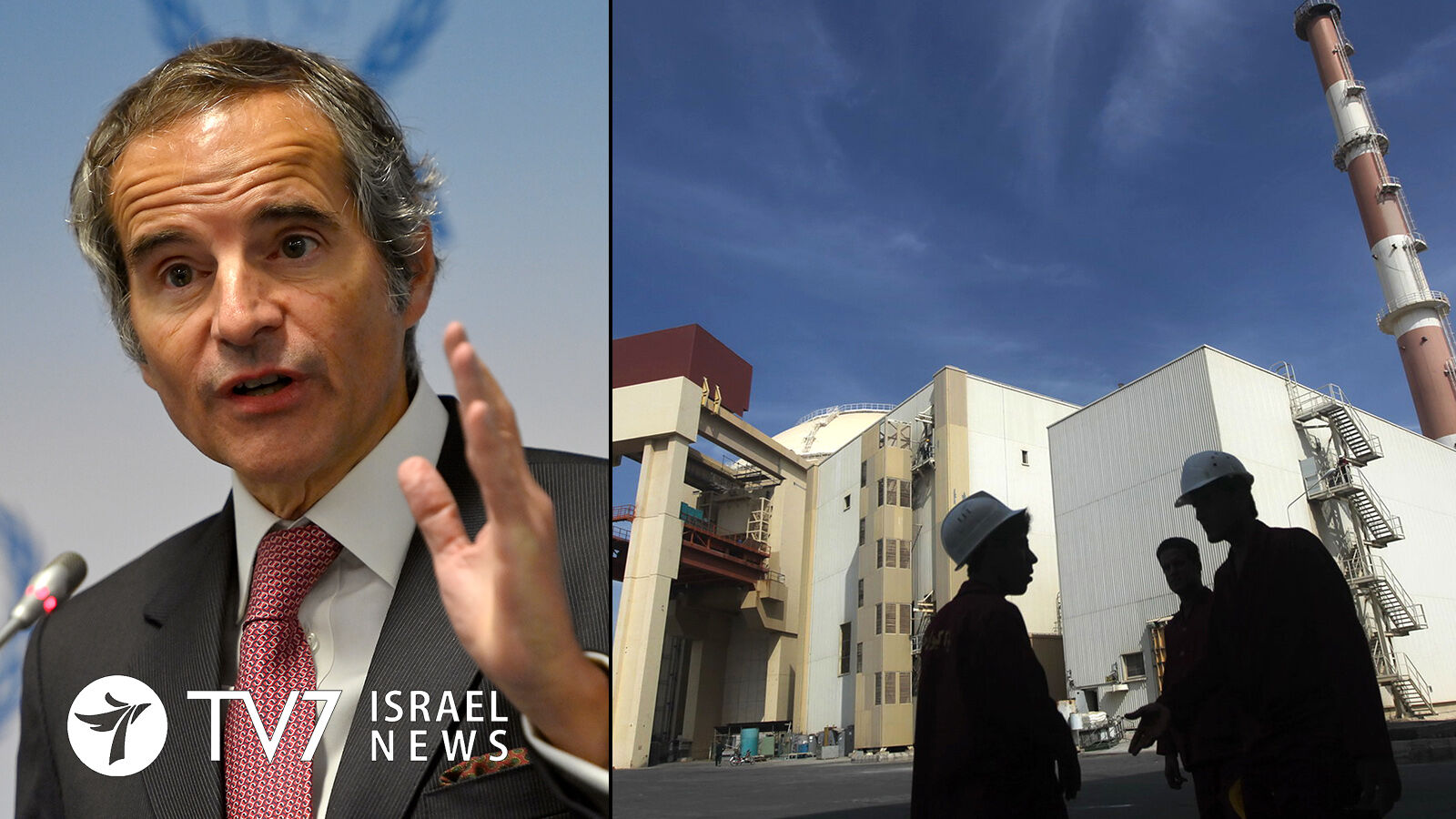The International Atomic Energy Agency (IAEA) criticized the Islamic Republic for implementing an undeclared change at its Fordow Fuel enrichment Plant (FFEP).
By Erin Viner
The action reportedly involves the interconnection between the two clusters of advanced machines that enrich uranium to up to 60% purity – to near nuclear weapons grade.
Monitors of the United Nations watchdog organization discovered the adaptation during an unannounced inspection on 21 January of Fordow, a site dug into a mountain where checks have been increased following the Ayatollah regime’s own declaration of its intention to dramatically expand enrichment.
The United States and E3 nations of Britain, France and Germany said in a joint statement that the IAEA report proves Iran is being inconsistent in meeting its nuclear obligations.
“As stated by the Agency, this unnotified change is inconsistent with Iran’s obligations under its NPT-required Comprehensive Safeguards Agreement,” the four countries said in their statement, referring to the Treaty on the Non-Proliferation of Nuclear Weapons.
Moreover, Iran’s production of high-enriched uranium at Fordow presents significant proliferation-related risks and is without any credible civilian justification, said the joint statement, underscoring that Iran has still refused to provide credible answers to outstanding questions by the IAEA as part of its safeguards investigation.
Fordow is so sensitive that the 2015 Joint Comprehensive Plan of Action between Iran and major powers totally banned enrichment there. Since the administration of former US President Donald Trump withdrew for the deal in 2018 and reimposed sanctions against Iran, the Islamic Republic has breached many of the pact’s restrictions on atomic activities.
Tehran has rejected the latest findings at Fordow.
“The IAEA inspector’s interpretation was incorrect but he reported it to the agency … We immediately provided the explanation to the IAEA on the same day,” asserted Iranian Atomic Energy Organization Chief Mohammad Eslami,.
This past November, the IAEA declared it was “essential and urgent” that the Islamic Republic explain the origin of the uranium particles found at three undeclared sites. The agency’s 35-nation Board of Governors passed a second resolution ordering Tehran to cooperate with the agency’s investigation into uranium traces found at separate locations in Toorkooz-abad, Teheran & Marivan , disclosed diplomats after the closed-door vote.
